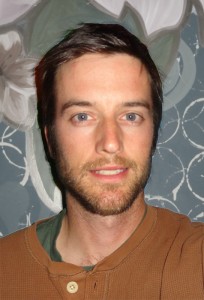
Three other graduate students were also nominated for consideration. Jean DeClerck was nominated by her advisors, Dr. M. Ann Brady and Dr. Wendy Anderson of Humanities, and committee member Dr. Victoria Bergvall of Humanities. Nathan Kelley-Hoskins was nominated by his advisor, Dr. Petra Hüntemeyer of Physics. Andrew Orthober was nominated by his advisor, Dr. Carol MacLennan of Social Sciences. All of the nominations were noteworthy for their scholarship, and the evaluation panel had a difficult task in selecting one nominee to represent Michigan Tech.
The Dean’s Advisory Panel, representing each college or school at Michigan Tech, evaluated the nominees. The faculty on this panel represent a broad range of graduate programs: J. Gierke (Department of Geological and Mining Engineering and Sciences), S. Martin (Social Sciences), D. Flaspohler (School of Forestry Resources & Environmental Science), X. Wang (School of Technology) and G. Campbell (School of Business and Economics). Next year’s competition will consider applicants who have completed their degrees between October 1, 2012 and September 30, 2013. An application consists of an abstract of the thesis, recommendation letter from the advisor, and an electronic copy of the thesis. Please consider nominating your master’s students next year.